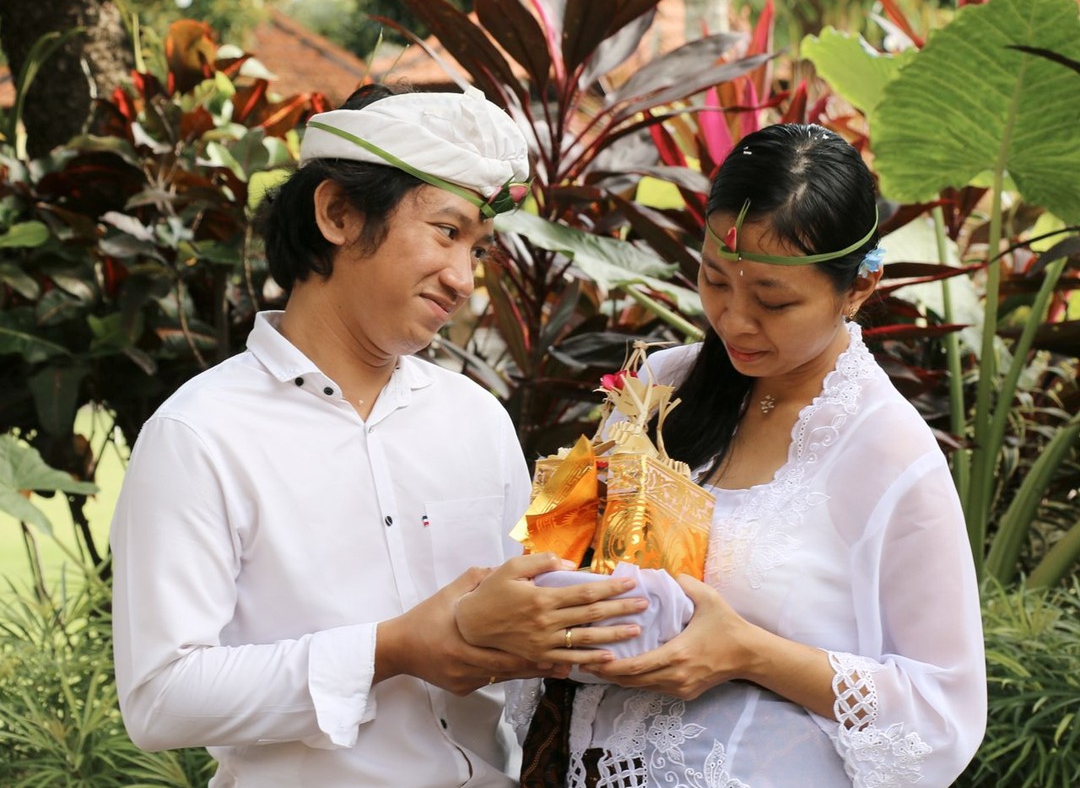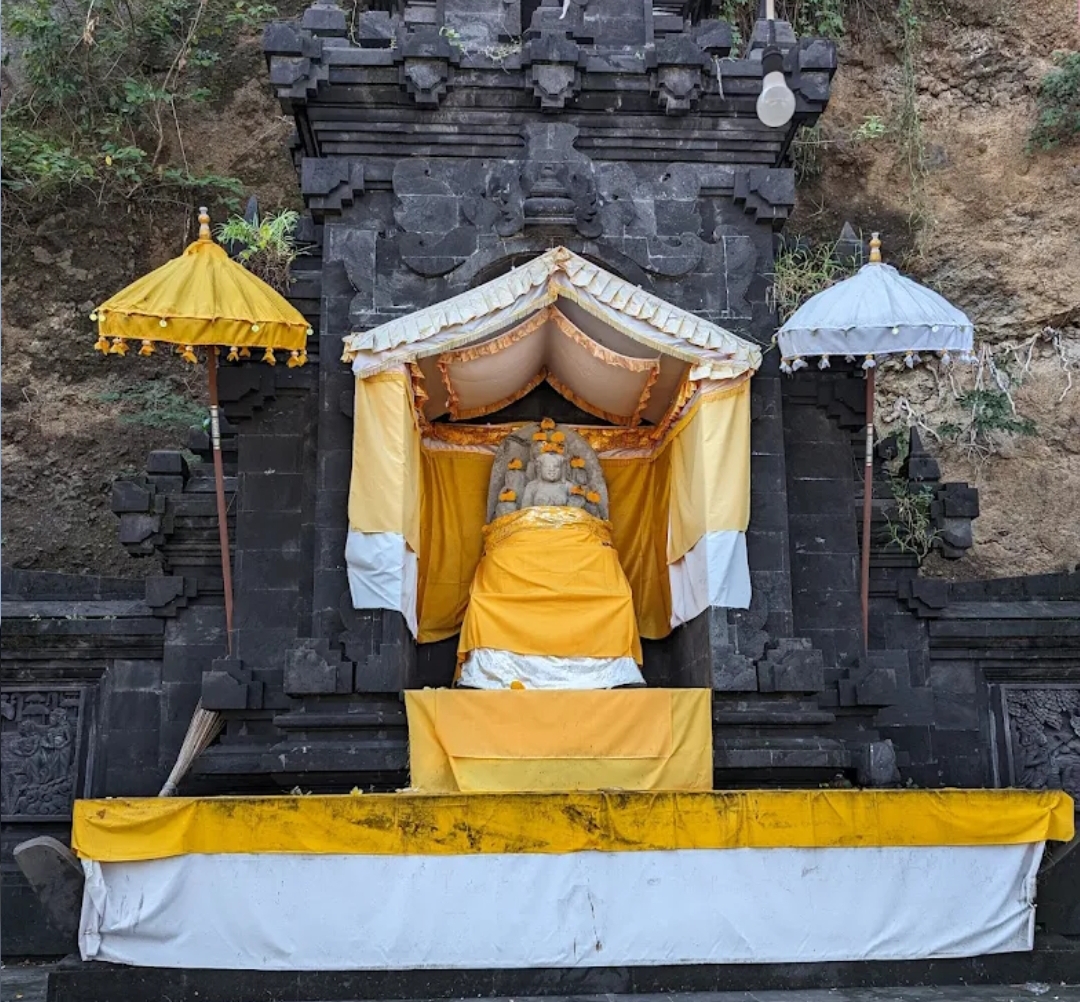Pregnancy in Balinese Hinduism is more than a physical journey; it is a deeply spiritual experience. One of the most meaningful milestones during this time is the Magedong-Gedongan ceremony, a traditional ritual conducted when the fetus reaches five months in the Balinese calendar (roughly six months in the Gregorian calendar). This ancient ritual seeks blessings and protection for both the unborn child and the expecting mother.
What is Magedong-Gedongan?
Magedong-Gedongan is a Balinese Hindu pregnancy ritual that honors the unborn child’s transition into a more complete human form. At this point, the baby is considered to possess a soul, and the ceremony serves to cleanse and sanctify both mother and child spiritually.
The purpose of this ceremony is to ensure a smooth pregnancy, prevent miscarriage, and lay the foundation for the child to become suputra, or a noble and virtuous person.
Key Ritual Steps in the Ceremony
The ceremony begins with Pengrujakan, a cleansing ritual involving offerings made from fruit representing six essential tastes: sweet, sour, salty, spicy, bitter, and astringent. These symbolize the range of life experiences that the child will encounter.
Following this, the mother undergoes a sacred bath, or siraman, followed by other important rituals like mabyakala and payascita, which purify the spirit and surroundings.
A symbolic act then takes place:
- The mother balances a leaf containing water and live fish on her head.
- The father holds thread and a pointed bamboo stick.
- He uses the stick to pierce the leaf, allowing the water and fish to fall.
This act symbolizes the cleansing of the womb and the channeling of life energy.
The ritual ends with prayers, a final purification, and offerings to invoke divine protection and a safe delivery.
Spiritual Guidelines for Parents
Alongside the ceremony, both parents are expected to observe spiritual restrictions, including:
- Avoiding angry or offensive speech
- Refraining from jealousy or negative emotions
- Not waking the mother abruptly from sleep
- Avoiding participation in funerary rites
These taboos are believed to maintain harmony between the physical and spiritual well-being of both mother and child.
Regional Differences Across Bali
While the Magedong-Gedongan ceremony is common in Balinese Hinduism, its details may vary from one village or region to another. Each desa adat (customary village) may add unique elements based on local traditions and beliefs.
Final Thoughts
The Magedong-Gedongan ceremony is a beautiful and profound expression of the Balinese way of honoring life from its earliest stages. It reflects a deep respect for spiritual balance, purity, and protection during pregnancy. For anyone exploring Balinese culture, Hindu rituals, or traditional pregnancy ceremonies, this sacred rite offers valuable insight into Bali’s rich spiritual heritage. (BT)
Image Source Instagram @griyataksu





